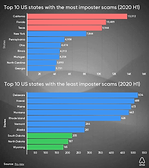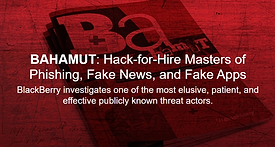Management
Average ransomware demand increases 100% from 2019 through Q1 2020
Data from 25,000 small-to-midsize organizations reveals ransomware as the top cyber insurance incident in the first half of the year, with the average ransomware demand increasing 100% from 2019 through Q1 2020
October 13, 2020
Sign-up to receive top management & result-driven techniques in the industry.
Join over 20,000+ industry leaders who receive our premium content.
SIGN UP TODAY!Copyright ©2024. All Rights Reserved BNP Media.
Design, CMS, Hosting & Web Development :: ePublishing










